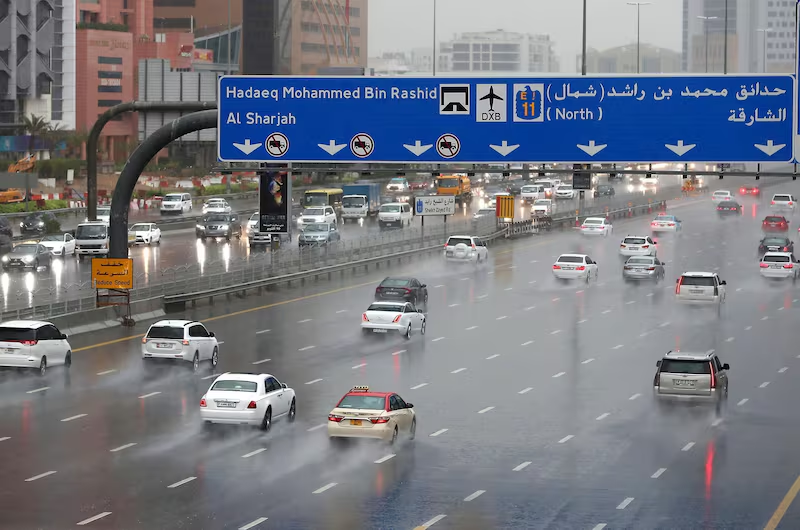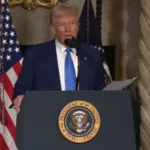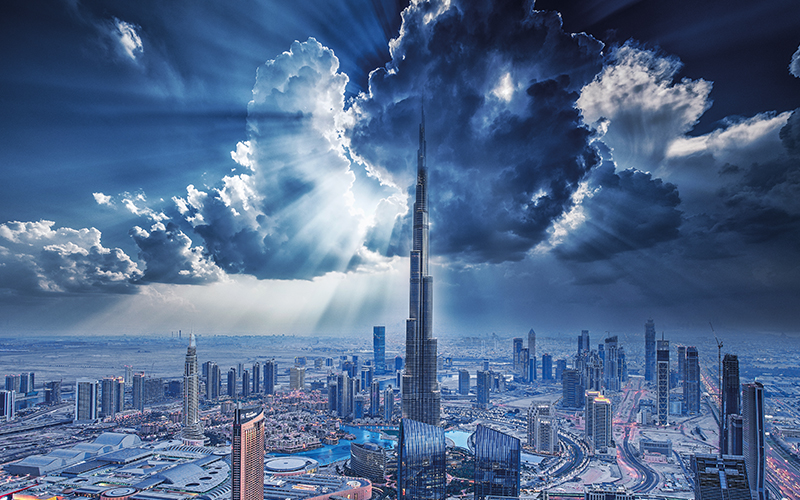When Dubai recently faced record-breaking floods, many wondered if cloud seeding, a technique to induce rain, was to blame. But experts quickly dismissed this idea. They explained that while cloud seeding is real, it wasn’t the cause of Dubai’s floods. Instead, they pointed to something bigger: climate change.
Omar Al Yazeedi, deputy director general of the NCM, categorically dismissed assertions linking the floods to cloud seeding operations. Al Yazeedi emphasised that such operations are typically carried out before rainfall, rendering them ineffective during the intense thunderstorms experienced in Dubai. The NCM’s denial sheds light on the complexities of weather modification techniques and their limitations in addressing severe weather events.
Renowned meteorologist Ryan Maue echoed the NCM’s stance, challenging the notion that cloud seeding could generate the magnitude of rainfall witnessed in Dubai. Drawing on his expertise as a former chief scientist at the US National Oceanic and Atmospheric Administration, Maue emphasised the role of climate change in amplifying extreme weather patterns, including the heavy rainfall experienced in Dubai.

Mark Howden, an authority on climate science from the Australian National University, underscored the broader impact of climate change on weather systems. Howden highlighted the warming sea temperatures and atmospheric conditions above Dubai, which he attributed to climate change. These factors, he argued, led to increased evaporation rates and atmospheric moisture, culminating in the intense rainfall that inundated the city.
Reports from meteorological experts corroborate the nature of the storm that engulfed Dubai, describing it as a slow-moving system that transported copious amounts of tropical moisture over the region. Suzanne Gray, a meteorology professor at the University of Reading, emphasised that such weather phenomena are not uncommon in the Middle East, citing historical precedents with similar characteristics.
Dubai’s floods were a wake-up call about climate change, not cloud seeding. While it’s easy to blame a single cause, experts remind us that the bigger issue is our changing climate. They urge us to take action to address climate change and prepare for more extreme weather events in the future.




























Add Comment